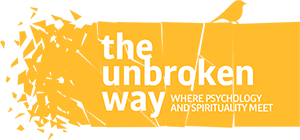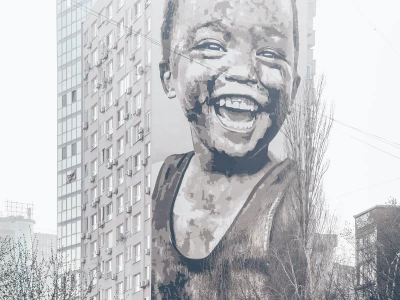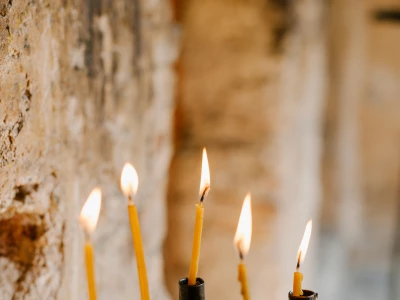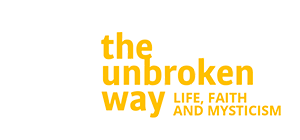Share this article
Struggling To Find Faith & Meaning?- Inspiration From Leo Tolstoy
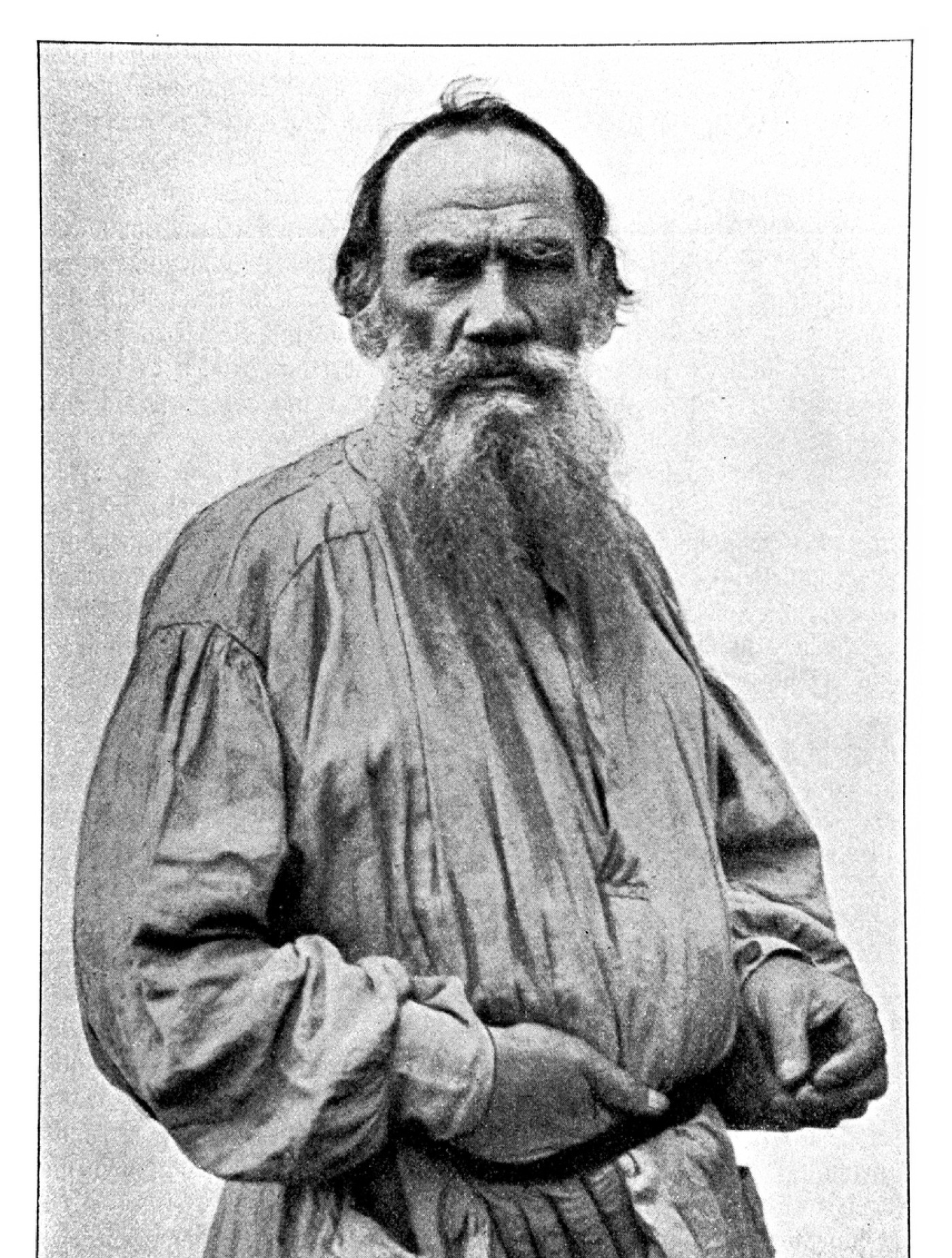
‘We can know only that we know nothing. And that is the highest degree of human wisdom.’
― Leo Tolstoy, from his book, War and Peace
Tolstoy and His Quest For Meaning
I understand sceptics. As many do, I lost my faith in college. I grew more agnostic and sceptical regarding the existence of God and the afterlife. If I hadn’t met my late wife, Cushla and experienced many supernatural and mystical events with her, I would probably be a hardened sceptic at this stage.
The beginning of the end of my agnosticism began in earnest in my mid-thirties. My business was starting to take off, but it wasn’t long before I began to feel an awful emptiness. ‘Is this it?’ I thought after chasing success for years. The gnawing ache and feeling of meaninglessness usually surfaced on weekends when I wasn’t working or ruminating about business issues. Luckily, these feelings turned out to be a blessing in disguise and triggered my search to find a more meaningful purpose in my life. Millions of souls have had similar experiences, especially, it seems to me, those who seem to ‘have it all’. One such character was the famous Russian writer Leo Tolstoy.
Leo Tolstoy was of Russian nobility and is regarded as one of the greatest authors of all time. But, at the height of his success, he succumbed to a profound spiritual crisis. Reflecting on a lifetime of celebrity, comfort and decadence, Tolstoy became seriously depressed. Despite being healthy, owning a large estate, having a wife and fourteen children, and the promise of eternal literary fame, he thought that his life would amount to nothing. ‘What will come of what I am doing today or shall do tomorrow?—What will come of my whole life? Is there any meaning in my life that the inevitable death awaiting me does not destroy?’ These were the soul-searching questions he asked himself.
None of the fashionable new ideas of secular humanism that attempted to offer a rational reason for living, which his social circles were soaked in, appealed to him.
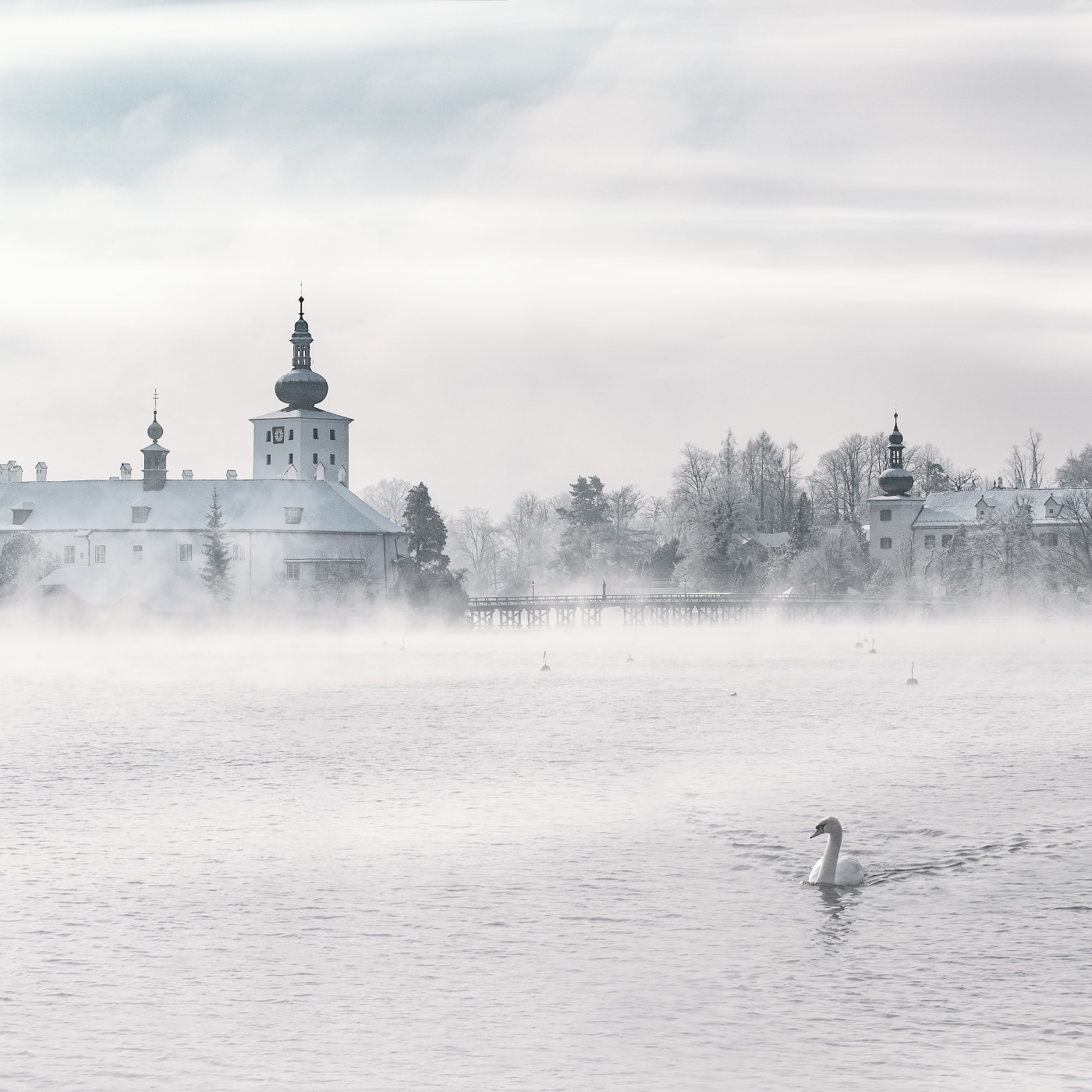
‘The spirituality of man is a thing-in-itself. It cannot be explained by something not spiritual; it is irreducible.’
—Viktor Frankl, psychiatrist, philosopher, author, and holocaust survivor
Being a keen observer of people, Tolstoy saw that his wealthy aristocratic friends’ approach to life didn’t seem to bring them real happiness or ultimate meaning. Though they wore a thin mask of amusement, he could sense that they had a gaping hole of despair and fear beneath the surface, especially the fear of death. Finding no answer to his dilemma, he declared: ‘I felt that what I had been standing on had collapsed…and there was nothing left to live on.’
On the brink of suicide, he turned to science for answers. But, he found that rather than recognising and answering the question of meaning, science instead asked its own questions. Most of all, he found it incapable of illuminating the infinite and instead reduced its questions and answers to the finite. Tolstoy rightly concluded that matters of ultimate meaning and purpose were simply outside the realm of science.
Keeping An Open Mind
‘What if there is something I do not yet know?' he asked himself with newfound humility. His breakthrough came from observing peasants, who approached death with serenity. ‘They had a knowledge, unacknowledged and despised by me, of the meaning of life,’ he declared.
He realised that his own blindness and ignorance caused him to dismiss as ‘stupid’ eternal truths that the peasants seemed to have grasped. It was, he said, ‘the delusion of my pride and intellect’ to believe that those of simple, enduring faith had simply ‘not yet arrived at an apprehension of all the profundity of the question.’ Tolstoy decided that no faith is truer than the Christian peasant’s, whose ‘irrational knowledge’ paves the road to happiness. Irrational knowledge is faith, he posited.
Admittedly, in this age which is even more wary and secular than Tolstoy’s time, the term ‘irrational knowledge’ could be especially jarring for some. And just because he found meaning and purpose in the Christian faith of the Russian peasants doesn’t prove that God and the unseen exist. But, putting on a scientist’s lab coat to prove whether He or invisible realms exist or not won’t work either. Our western materialistic culture pointlessly uses material methods to investigate what is essentially spiritual. The rationale is that if science can’t prove the spirit world exists, then it doesn’t.
And, what if, as well as the scientists Nietzsche, Marx, Jean-Paul Sartre and all the other rationalists, atheistic and existentialist philosophers, got it wrong about the existence of God and the unseen? Just because they didn’t experience the supernatural or denied having any such experience to themselves doesn’t mean a supreme deity and another realm don’t exist. What of the millions of souls that they influenced who died without hope of seeing their loved ones again? Could their lives have been more peaceful, meaningful and happier if they hadn’t abandoned other ways of knowing?

‘To find your way, look to those who have found meaning, not to those who are lost.’
—Tolstoy, in his book A Confession and Other Religious Writings.
Even before I earnestly began searching for meaning and authentic happiness, I noticed that very few people I met were really happy. It didn’t matter if they had success, wealth and fame. Indeed, I could see these things often brought even more distress into their lives. Slow learner that I was, I could still see that Cushla was by far the happiest person I knew despite bearing a debilitating illness.
What is Cushla doing that others aren’t? I asked myself, though I already knew the answer. It was staring me in the face: she had immense faith and was highly disciplined in her spiritual and religious practices. I began to take my spiritual life more seriously.
Share this article
Categories
in your inbox
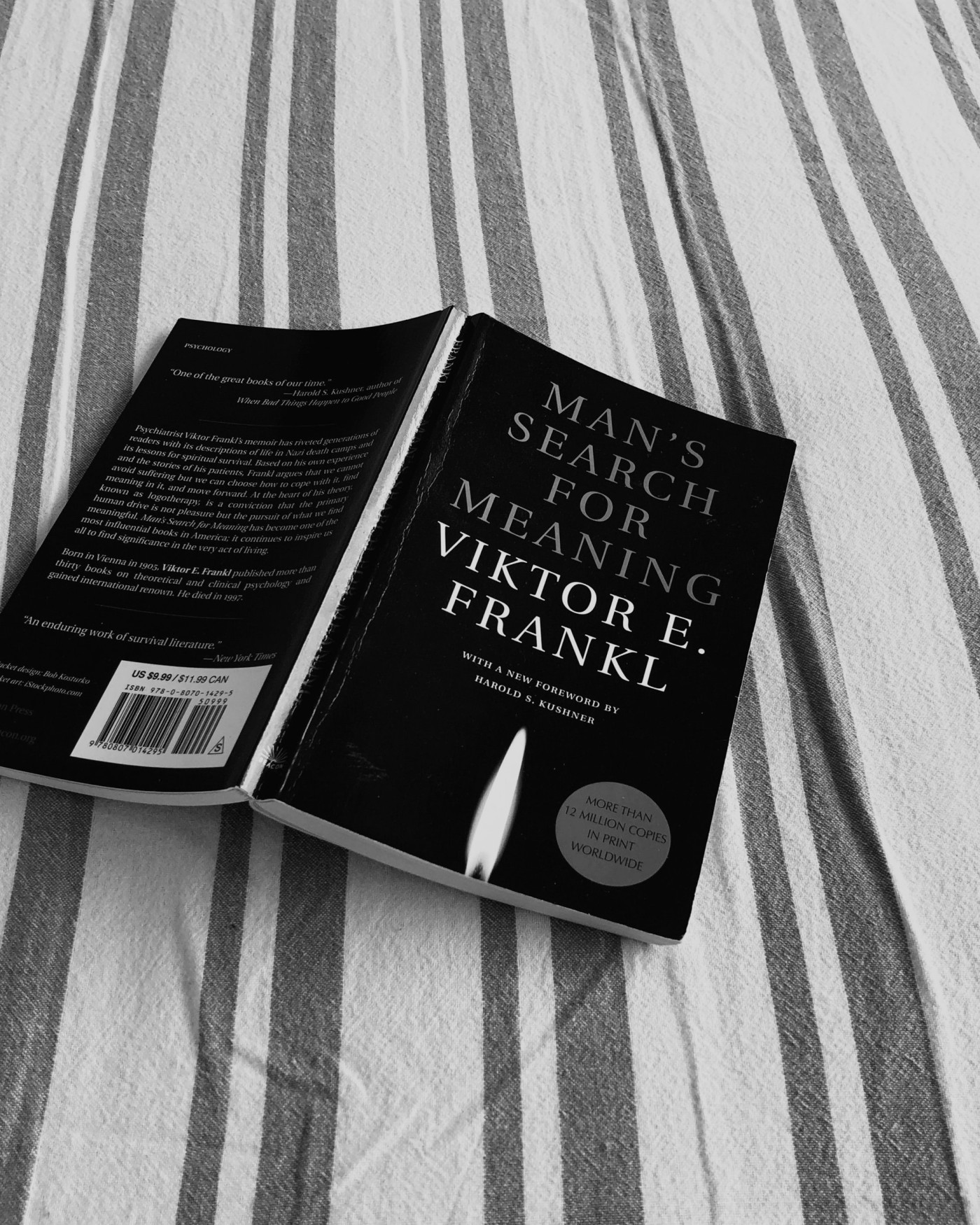
Meaning & Purpose
